The Muslim Rule in India has been conveniently divided into two periods the Sultanate of Delhi (1206 to 1526) and the Mughal Empire (1526-1707). It continued upto 1857, though in the later stage only nominally. When the Sultanate was established, it carried with it the experience gained by the Arab Rule in Sindh and Ghaznavid Rule in Punjab of about two centuries. Meanwhile a well developed state craft had sprang up in Muslim countries during the seventh to the twelfth centuries. This was mainly due to the universality of Islamic Law. The Ghazni and Delhi Sultanates cannot be isolated from the rest of Muslim state particularly in the functioning of their institutions. There were parallel and sometimes identical institutions under the kingdoms of Ghazni and Delhi. The Sultanate of Delhi may not have possessed uninterrupted political continuity, its boundaries also constantly changed. As political entity, however, the Sultanate received sustenance from the evolution of institutions abroad and a home. The present work entitled "A Political, Social and Cultural History of Delhi Sultanate" is designed to throw the light on Political History of Delhi Sultanate i.e. since 1206 AD, apart from its social, cultural, Islamic aspects of the Sultanate based on the Muslim Power in the Indian Sub-Continent. The era from the sack of Delhi by the Central Asian Conqueror Temur in Tamerlane in 1398 down to down to Mughal Conquest in 1526 during which Sultanate was merely one of several competing Muslim Kingdom in the Northern Indian. The source materials for the Delhi Sultanate largely narrative informs and written in Persian, with the addition of descriptions of India by internal observers who wrote in Arabic-are markedly less satisfactory than, for instance either these available for the Mughal Empire that followed it those composed in contemporary Mamluk Sultanate of Egypt and Syria.
A Political, Social and Cultural History of Delhi Sultanate: New Horizon
$40.50
$45.00
In stock
Free & Quick Delivery Worldwide
All orders amounting to US$ 50 or more qualify for Free Delivery Worldwide. For orders less than US$ 50, we offer Standard Delivery at $14 per book.
ABOUT THE AUTHOR Kamal Shankar Srivastava
Dr. Kamal Shankar Srivastava born in Varanasi (U.P.), India, an Eminent Scholar, Young Indologist, Museologist, Journalist, Art-Historian and Academician turned Administrator Joined Bihar Administrative Service in 1984, Obtained the Post-Graduate degrees (M.A.s) in seven different disciplines: (i) Ancient Indian History, Culture and Archaeology (ii) History (iii) Museology (iv) English Literature (v) Mass Communication (vi) Public Administration and (vii) Sociology. Awarded B.H.U. Gold Medal in 1981, in 1985, Awarded Ph.D degree in AIHC and Archaeology-Museology from BHU, Varanasi. He also obtained the Bachelor of Journalism and Mass Communication (BJMC), and Post-Graduate Diplomas in four different disciplines i.e. Business Administration, Tourism Administration, Human Rights Law and Environmental Management. In 2002 awarded Doctor of Literature (D.Litt.) degree in history followed by Degree of LL.B. Author of more than 37 books concerning different field of Indian History, Art, Religion and Culture, Iconography, Museology, Tourism, Journalism, Painting, Indology and Heritage etc. Life Fellow of numismatics society of India, Museums Association of India, Bihar Puravid Parishad, Patna, Indian Social Science Academy and Executive Member of Baudh Sanskriti Kendra, Patna, Presented several papers and articles in the field of At, indology and Museology. At present, he is in Jharkhand Administrative Service.
reviews
0 in total
Review by Anonymous
Be the first to review “A Political, Social and Cultural History of Delhi Sultanate: New Horizon” Cancel reply
You must be logged in to post a review.
Bibliographic information
Title
A Political, Social and Cultural History of Delhi Sultanate: New Horizon
Author
Edition
1st ed.
Publisher
ISBN
8131302125
Length
xviii+398p., Maps.
Subjects

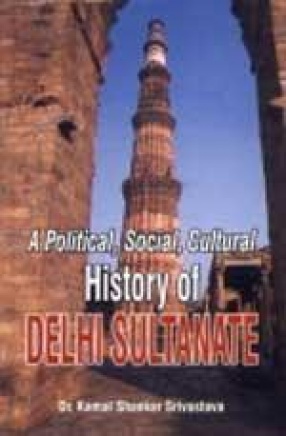
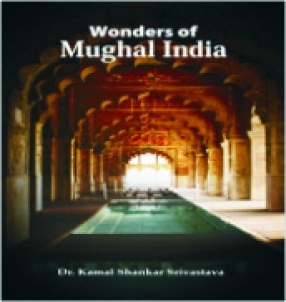
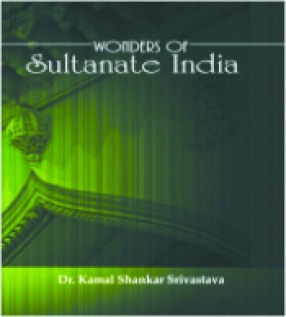
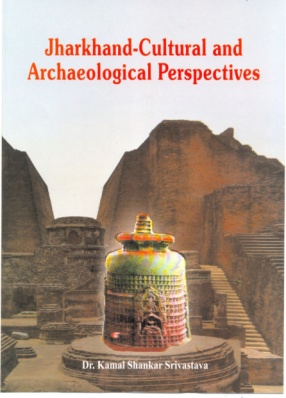
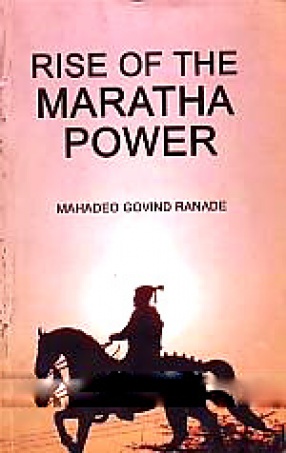
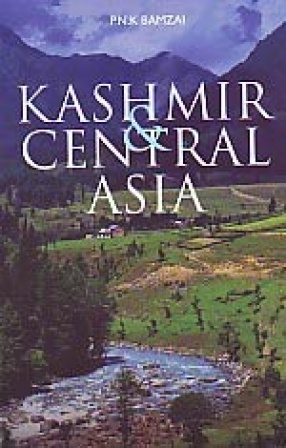
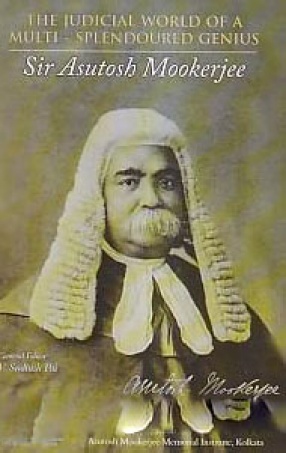
There are no reviews yet.